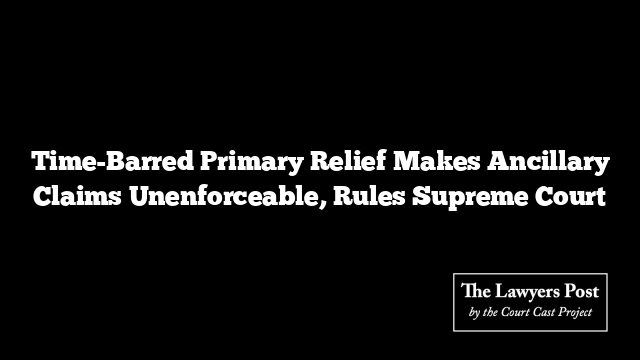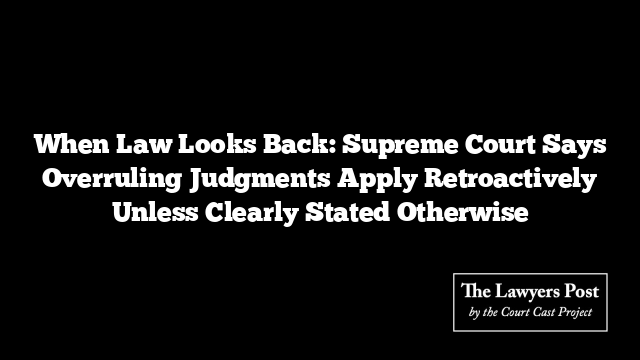In a significant ruling, the Supreme Court clarified that if the primary relief in a case is barred by the statute of limitations, any ancillary relief sought in the same suit also becomes unenforceable. This ruling was made by a bench of Justices Pankaj Mithal and SVN Bhatti.
The case involved a plaintiff seeking a declaration that his father’s Will and Codicil were null and void. However, the civil court dismissed the suit, deeming it time-barred, as it had been filed beyond the three-year limit prescribed under Article 58 of the Limitation Act, 1963.
Although the High Court initially overturned the civil court’s decision, arguing that other reliefs in the suit should not be dismissed solely due to the primary relief being time-barred, the Supreme Court disagreed. Justice Mithal, delivering the judgment, emphasized that once the main relief becomes time-barred, any connected reliefs also fall apart.
The Court noted that the plaintiff’s request for a permanent injunction and other reliefs depended entirely on the success of the primary relief. Therefore, with the primary relief already dismissed due to the expiration of the limitation period, the court ruled that the ancillary claims could not be pursued separately.
The appeal was ultimately allowed, and the Supreme Court restored the decision of the trial court, reinforcing the principle that once the primary relief is time-barred, the entire suit collapses.





